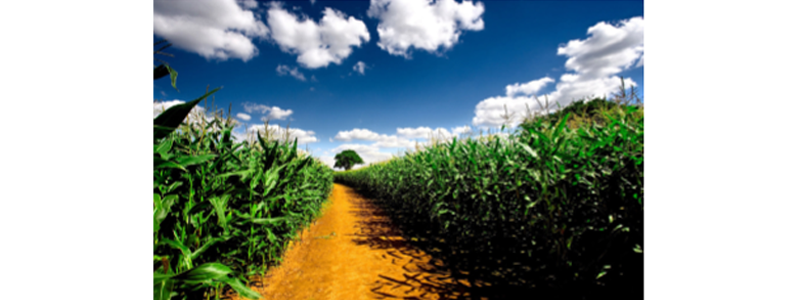Changing Nematicides Market Remains Strong but Raises Positioning Questions to Suppliers
 PARSIPPANY, NJ – November 18, 2019 – The global nematicides market is currently driven by several important factors, including an increase in commodity demand with declining acreage, growth of high-value crops which justifies high-cost nematicides, changing regulations, and consolidation in the market. The total forecast for the countries and crops included is a compound annual growth rate (CAGR) of 4.4% through 2028, finds Kline’s Global Nematicides: Market Analysis and Opportunities. China is estimated to surpass the United States as the leading country for nematicide use with almost USD 500 million by 2028. To learn more about the nematicides market, REGISTER for a webinar, taking place on November 20, 2019.
PARSIPPANY, NJ – November 18, 2019 – The global nematicides market is currently driven by several important factors, including an increase in commodity demand with declining acreage, growth of high-value crops which justifies high-cost nematicides, changing regulations, and consolidation in the market. The total forecast for the countries and crops included is a compound annual growth rate (CAGR) of 4.4% through 2028, finds Kline’s Global Nematicides: Market Analysis and Opportunities. China is estimated to surpass the United States as the leading country for nematicide use with almost USD 500 million by 2028. To learn more about the nematicides market, REGISTER for a webinar, taking place on November 20, 2019.
The 12 countries covered in this report were selected with client input and target the largest nematicide markets of interest. The United States, China, and Japan are the largest nematicide markets surveyed. These three countries account for more than 62% of total nematicide sales.
Vegetable crops account for 33.1% of total nematicide sales in 2018. Traditionally, nematicides have treated tuber crops (potatoes, carrots, parsnips).
The splits by product type are determined by crop value, cultural practice, and the extent to which fumigants are permitted. Fumigants and soil-applied chemicals dominate the market but are expensive. Chemicals are particularly strong in Brazil, China, and Japan. Fumigants are practically nonexistent in Brazil but dominant in the United States and Canada. Seed treatments and bionematicides are relatively new treatments; they are currently strong in mature markets such as the United States and Canada. However, strong growth in seed treatment nematicides and solid potential for biopesticides is forecast in South American region as well.
Regulatory bodies have limited the use of low-cost products such carbofuran, cadusafos, endosulfan, phorate, and broad-spectrum methyl bromide, 1,3‐dichloropropene. The phase-out and use restrictions of certain nematicides already exist across Europe, the United States, China, and India. Regulatory threats are currently impacting Argentina and Brazil. On the other hand, they create new opportunities for actives with a favorable beneficial insect profile and strong target pest control. Moreover, with a desire to replace toxic nematicides, several biological nematicides have been developed. Biological nematicides are currently estimated at 8% of sales.
“There are several strategic questions that suppliers to the nematicides market should be asking,” says Dennis Fugate, Industry Manager at Kline. “Some key questions are related to product positioning. With the mergers of Dow and DuPont, Corteva now has a significant stake in the nematicide market. Will it be the focus of some discovery efforts? If Bayer reverses its decision not to offer NemaStrike™ Technology in 2020 for corn, cotton, or soybeans at some point in the future will Bayer’s new nematicide, Tioxazafen, be relaunched?”
New product introductions will have a major impact on the growth of nematicides across all countries surveyed. There is a demand for a safer, less toxic product that is also effective at controlling nematodes. Such a product could take over a significant share of the nematicide market in the future.
Global Nematicides: Market Analysis and Opportunities provides crop protection suppliers with the latest information on the size, structure, and outlook for the nematode treatment market in the major country/crop markets of the world. The study encompasses 47 different crops in 12 countries. It also includes details on new biological nematicides by country and crop.
About Kline
Kline is a worldwide consulting and research firm dedicated to providing the kind of insight and knowledge that helps companies find a clear path to success. The firm has served the management consulting and market research needs of organizations in the agrochemicals, beauty & personal care, chemicals & materials, energy, and life sciences industries for 60 years. For more information, visit www.KlineGroup.com.

